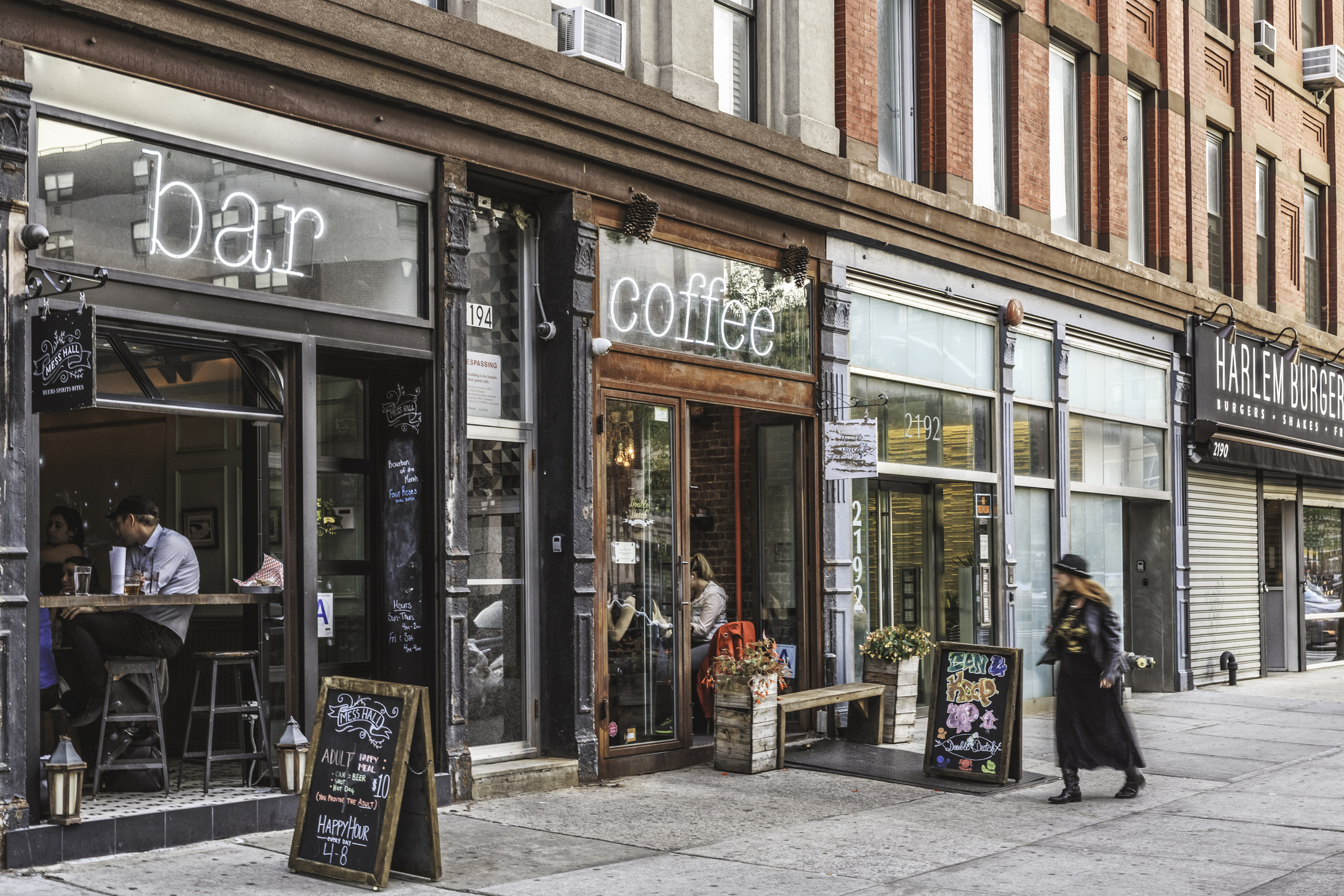Gentrification: What’s the Big Deal?
Research explaining changing neighborhood characteristics (e.g., gentrification and redlining) has become increasingly popular over the last decade. But what’s so bad about gentrification, really? Gentrification symbolizes many different things for different people – from boutique coffee shops to sky-high rents. At its core, gentrification supports inequality on multiple levels and prioritizes the needs of some residents […]



